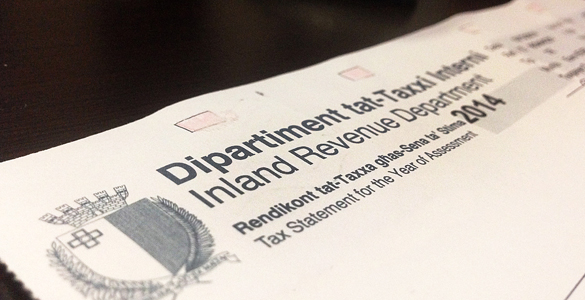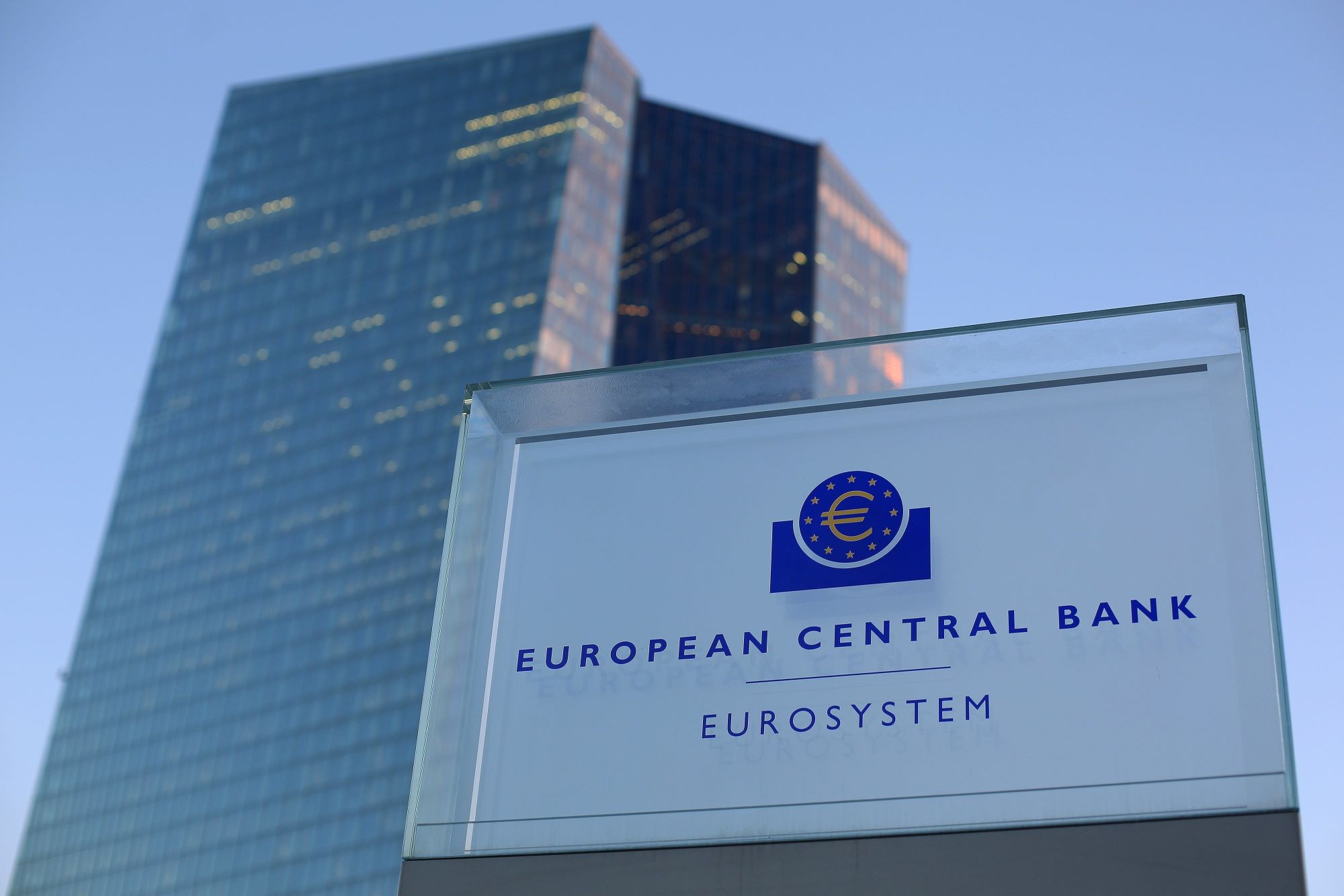Croatia looks set to adopt the euro as its official currency on 1st January 2023, after the European Commission confirmed that it has met all the criteria required, setting the stage for similarly positive assessments by the European Parliament and the other individual member states in the coming months.
Croatia was the last country to join the EU, in July 2013. Since then, further enlargement has been low on the agenda, as the organisation sought to complete the integration of its newest members, including 10 that joined in its largest expansion ever, in 2004, including Malta, and Bulgaria and Romania which joined in 2007.
The Commission celebrated Croatia’s success in meeting all the convergence criteria, saying that, “With the adoption of the European single currency, Croatia’s integration into the European Union is complete.”
“Excellent news for Croatia!”, the Commission wrote on social media. “The country now meets all convergence criteria to adopt the euro as its currency.”
President of the European Commission Ursula von der Leyen said: “Today, Croatia has made a significant step towards adopting the euro, our common currency. Less than a decade after joining the EU, Croatia is now ready to join the euro area on 1st January.”
She said that this will make Croatia’s economy stronger, bringing benefits to its citizens, businesses and society at large.
“Croatia’s adoption of the euro will also make the euro stronger,” she continued. “Twenty years after the introduction of the first banknotes, the euro has become one of the most powerful currencies in the world, improving the livelihoods of millions of citizens across the Union. The euro is a symbol of European strength and unity. Congratulations, Croatia!”
Croatia would be the 20th member state to join the Eurozone, but will not be the last. The 2022 Convergence Report also assessed the progress that Bulgaria, Czechia, Hungary, Poland, Romania and Sweden have made towards joining the euro area. These are the seven non-euro area Member States that are legally committed to adopting the euro.
The report concluded that only Croatia and Sweden meet the price stability criterion, and only Croatia and Bulgaria fulfil the exchange rate criterion. Croatia, Czechia, Sweden and Bulgaria fulfil the long-term interest rate criterion, and all member states but Romania meet the criterion on public finances.
Croatia is therefore the only one of the seven to fulfil the four convergence criteria, and the report also found that its legislation is fully compatible with the requirements of the Treaty and the Statute of the European System of Central Banks/ECB.
“In light of the Commission’s assessment, and taking into account the additional factors relevant for economic integration and convergence, including balance of payments developments and integration of product, labour and financial markets, the Commission considers that Croatia fulfils the conditions for the adoption of the euro,” it said.
Valdis Dombrovskis, executive vice-president for an Economy that Works for People, said: “Croatia has shown great commitment, diligence and perseverance in its efforts. This is a great achievement. It will bring real benefits to Croatian people and businesses and make Croatia’s economy more resilient. It also shows that the euro remains an attractive and successful global currency. Our currency is a symbol of Europe’s strength, unity and solidarity at a time when these qualities are being tested by a war raging on our doorstep.”
Background
The Convergence Report by the European Commission forms the basis for the Council of the EU’s decision on whether a Member State fulfils the conditions for joining the euro area.
The Convergence Report of the European Commission is separate to, but published in parallel with, the Convergence Report of the ECB.
Convergence reports are issued every two years, or when there is a specific request from a Member State to assess its readiness to join the euro area – for example, Latvia in 2013.
All Member States, except Denmark, are legally committed to join the euro area. Denmark, which negotiated an opt-out arrangement in the Maastricht Treaty, is therefore not covered by the Report.
While the COVID-19 pandemic and the subsequent economic recovery in 2021 had a very significant impact on the findings of the 2022 Convergence Report, the impact of Russia’s unprovoked invasion of Ukraine which began in February 2022 on the historical data used to prepare the Report has been limited.
The extent to which the economic convergence indicators are affected by the crisis triggered by Russia’s military agression as well as by other ongoing economic developments is fully captured in the economic projections for 2022 and 2023, which the Commission published on 16th May 2022 (Commission Spring 2022 Economic Forecast) and which are used to assess the sustainability of convergence.
Top 5% of taxpayers responsible for one-third of all income tax paid in Malta
On the other hand, the bottom third of income earners pay just 1.7% of all income tax generated
The Malta Institute of Accountants prepares for its 2024 Anti-Money Laundering Conference
Held at the Radisson Blu, St Julians, this latest AML Conference promises to bring exclusive insights on new procedures
Eurozone interest rates to remain unchanged
The European Central Bank noted that price pressures remain persistent






